Aluminium Alloy Die Casting
LK Die Casting Machine / 2024-07-30 15:37:47
2024-07-30 By Cherry
Introduction
Aluminum die casting is an efficient casting process widely used in industrial manufacturing and is favored for its ability to
produce high-precision, high-quality metal parts.
This article will explore various aspects of aluminum die casting in detail, including its process principles, advantages, application
areas, and related challenges.
By reading this article, you will have a deep understanding of aluminum die casting technology, solve problems in actual production,
and improve product quality.
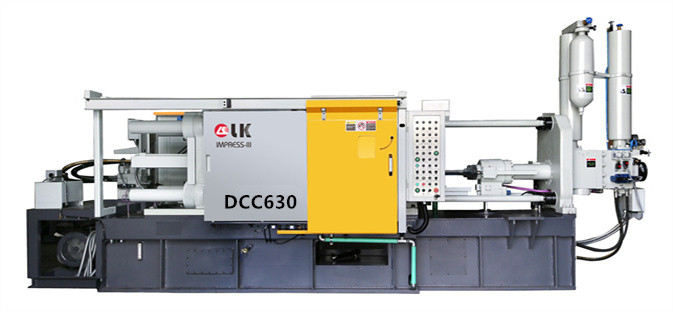
Process Principles of Aluminum Die Casting
Aluminum die casting is a casting process in which molten metal is injected into a mold and quickly cooled under high pressure to form.
This process includes the following key steps:
Access for Molten Metal into Molds
During the aluminum die casting process, it enters the mold through access for molten metal into molds called "gating systems".
These access include gates, runners, and runners, and their design and layout are critical to the quality of the casting.
Optimizing these accesses can ensure that the molten metal into the molds cavities evenly, improving the integrity and precision of
the casting.
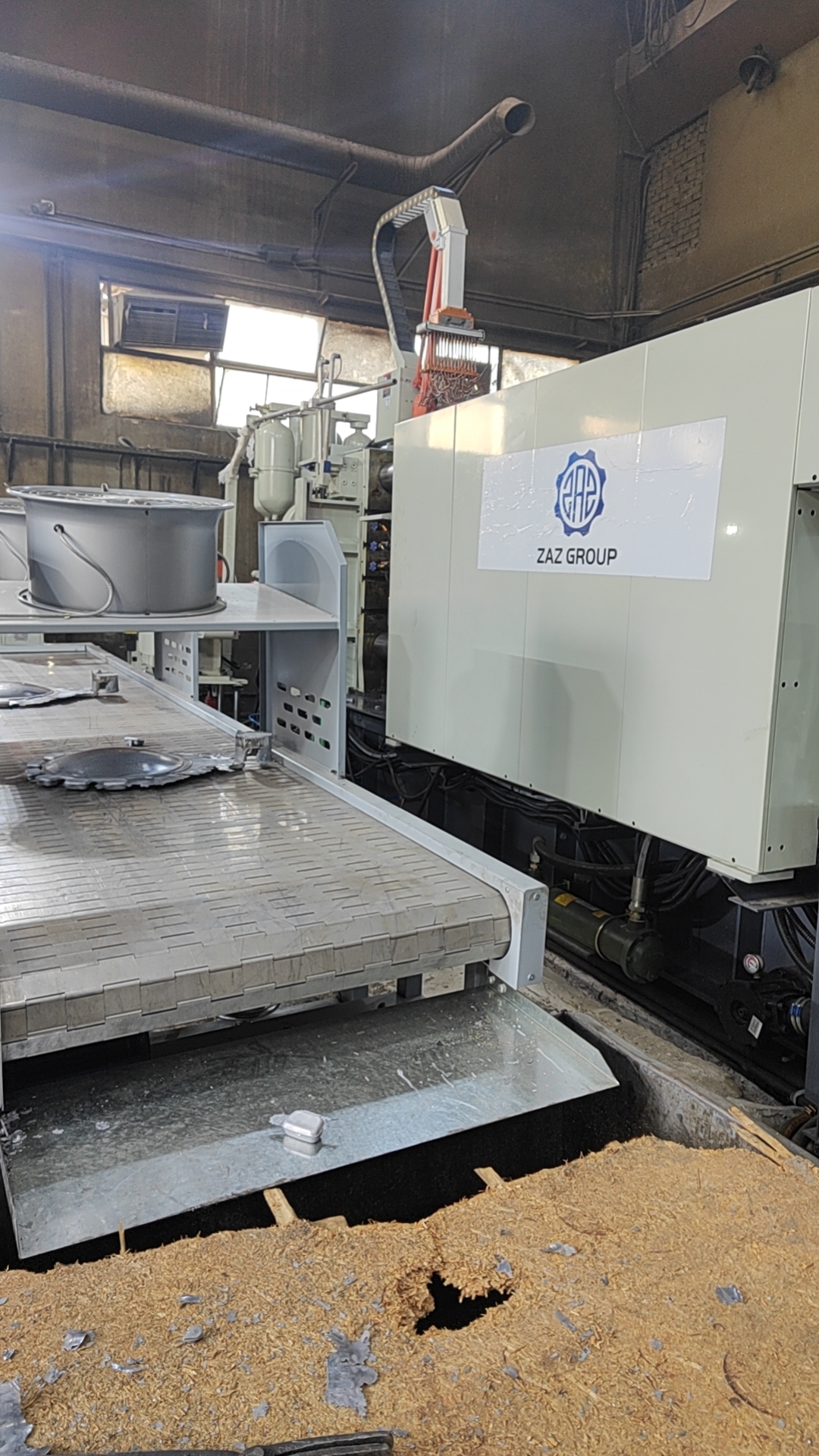
Advantages of Aluminum Die Casting
Aluminum die casting has many unique advantages, which make it an important position in various industrial fields.
High Precision and High Strength
Aluminum alloy die casting is able to produce complex-shaped parts with high dimensional accuracy and excellent mechanical properties.
Its high strength and light weight make it particularly suitable for fields such as aviation and automobiles that require high-performance
and light weight.
Good thermal and electrical conductivity
Aluminum alloys have good thermal and electrical conductivity, making them ideal materials for the electronics and electrical industries.
Aluminum alloy die castings perform well in these applications and have excellent heat dissipation properties.
Efficient production process
Aluminum alloy die casting is an efficient production process that can mass-produce parts with stable quality.
It has a high degree of automation and a short production cycle, making it suitable for large-scale industrial manufacturing.
Application areas of aluminum alloy die casting
Automotive industry
Aluminum alloy die casting is widely used in the automotive industry to produce engine parts, gearbox housings, wheels, etc.
Its high strength and lightweight characteristics help improve automobile performance and reduce fuel consumption.
Aerospace
In the aerospace field, aluminum alloy die casting is used to manufacture aircraft structural parts and engine parts. Its high strength,
lightweight and excellent corrosion resistance make it an indispensable material.
Electronics and electrical industry
Aluminum alloy die castings are widely used in the electronics and electrical industry, such as heat sinks, housings, and connectors.
Its good thermal and electrical conductivity ensures the reliability and performance of electronic equipment.
Aluminum recycling challenges
Although aluminum is a recyclable metal, it still faces some challenges in the recycling process.
Impurity control
Controlling the impurity content is a key issue in the aluminum recycling process.
Impurities affect the mechanical properties and processing properties of recycled aluminum and need to be controlled through refining
and purification processes.
Energy consumption
Aluminum recycling requires a lot of energy, especially in the melting and refining processes. How to reduce energy consumption and
Improving recycling efficiency is an important issue that the aluminum recycling industry needs to solve.
27 Aluminum and its applications
27 Aluminum (Al-27) is an isotope of aluminum that is widely found in nature. The unique properties of aluminum make it widely used
in various fields, such as construction, transportation, packaging, and consumer electronics.
Nickel plating color and its application
Nickel plating is a common surface treatment process used to improve the corrosion resistance and aesthetics of metal parts. The color
of nickel plating is usually silvery white, with good gloss and decorative effect, and is widely used in the electronics, electrical, and
decoration industries.
Aluminum density and its influence
The density of aluminum is about 2.7 grams per cubic centimeter (kg/mm³).
Its low density makes aluminum alloy an ideal material for lightweight design, and is widely used in aerospace, automotive, and construction.
The difference between aluminum and alumina
Aluminum and alumina are two different substances.
Aluminum is a lightweight, silvery-white metal with good electrical and thermal conductivity; alumina is a compound generated by the reaction
of aluminum and oxygen, usually a white powder, with high hardness and corrosion resistance, and is widely used in refractory and ceramic industries.
The relationship between tool and die casting
The tool is an indispensable component of the die casting process. The design and manufacture of the tool directly affect the quality
and production efficiency of the casting. High-quality tools can ensure the dimensional accuracy and surface quality of the casting,
extend the tool life, and improve production efficiency.
What's the density of aluminum?
The density of aluminum is 2.7 grams per cubic centimeter (kg/mm³). This low density makes aluminum alloy an ideal material for
lightweight design and is widely used in aerospace, automotive, and construction.
Zinc Cost Per Kg
Zinc is a metal commonly used in alloy manufacturing, and its market price fluctuates with changes in supply and demand.
Understanding the cost of zinc is of great significance for controlling the cost of alloy manufacturing.
In the current market, the price of zinc per kilogram is about 2-3 US dollars, and the specific price depends on the market situation.
Application of aluminum and tin alloy
Aluminum and tin alloy are widely used in bearings and sliding parts due to its excellent lubrication and wear resistance.
Its low friction coefficient and high fatigue resistance make it an ideal material for high-load and high-speed mechanical equipment.
Is die cast aluminum safe?
Die-cast aluminum has good mechanical properties and corrosion resistance and is widely used in automobiles, aviation, electronics,
and other fields. During use, it is necessary to prevent aluminum oxidation and deformation under high temperatures and high pressure
environments to ensure its safety and reliability.
Effect of molten aluminum temp on die casting
Molten aluminum temp is an important factor affecting the die casting process and casting quality. Usually, the aluminum water
temperature is controlled between 650-750 degrees Celsius, which can ensure the fluidity and filling effect of the casting and improve
the density and mechanical properties of the casting.
Is aluminum good for the environment?
Aluminum is a recyclable metal with environmental advantages. The recycling of aluminum not only saves resources but also reduces energy
consumption and greenhouse gas emissions, which is of great significance to environmental protection.
However, the mining and production process of aluminum still needs to pay attention to environmental impact and take effective environmental
protection measures.
Lead in aluminum
Aluminum itself does not contain lead, but a small amount of lead may be added to some aluminum alloys to improve its processing properties.
In order to ensure the environmental protection and safety of the product, the lead content must be strictly controlled to avoid harm to human
health and the environment.
Production of precise cast prototypes
Precise cast prototypes' production refers to the production of high-quality casting prototypes through high-precision molds and advanced
casting processes.
Aluminum alloy die casting, as an efficient precision casting process, can quickly and accurately produce complex shape prototypes to meet the
needs of various industrial applications.
Conclusion
Aluminum alloy die casting is an efficient and high-quality casting process that is widely used in automotive, aviation, electronics, and
other fields.
By optimizing process parameters and mold design, aluminum alloy die casting can produce metal parts with excellent performance and
stable quality.
I hope this article can provide you with valuable information to help you better understand and apply aluminum alloy die casting
technology and improve production efficiency and product quality.
For more info, you can refer to: https://www.youtube.com/shorts/JLX410QV_kw
Contact LK Egypt to learn more info about the die-casting machine
LK AGENT OFFICE DCM
Address: Industry Zone, South of Port Said Kebly, Egypt
https://www.zazdiecasting.com/
Phone/WhatsApp/Wechat: +86 13598704163
Mobile: +20 101 304 3317 +20 150 181 8310
Email: jack@zazmae.com ahmedmahmoud@zazmae.com
OTHER CONTENT
-
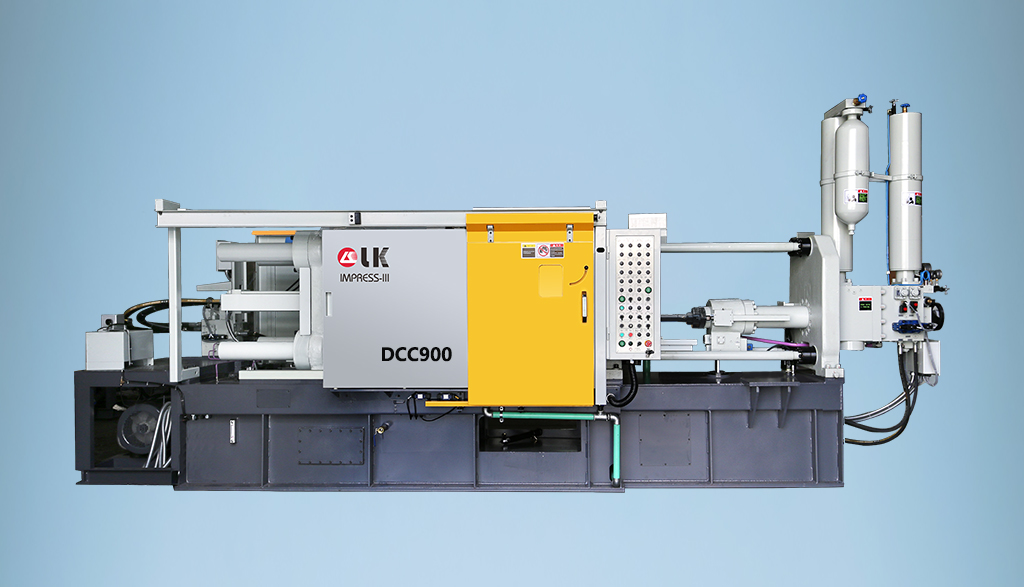
2024-09-19 14:16:15 LK Cold Chamber Die Casting Machine DCC900 Locking Force: 9000KN Die Height: 400-1000mm Space Between Tie Bars: 930x930mm Shot Weight: 13.5Kg Casting Area Max:2250c㎡
More -
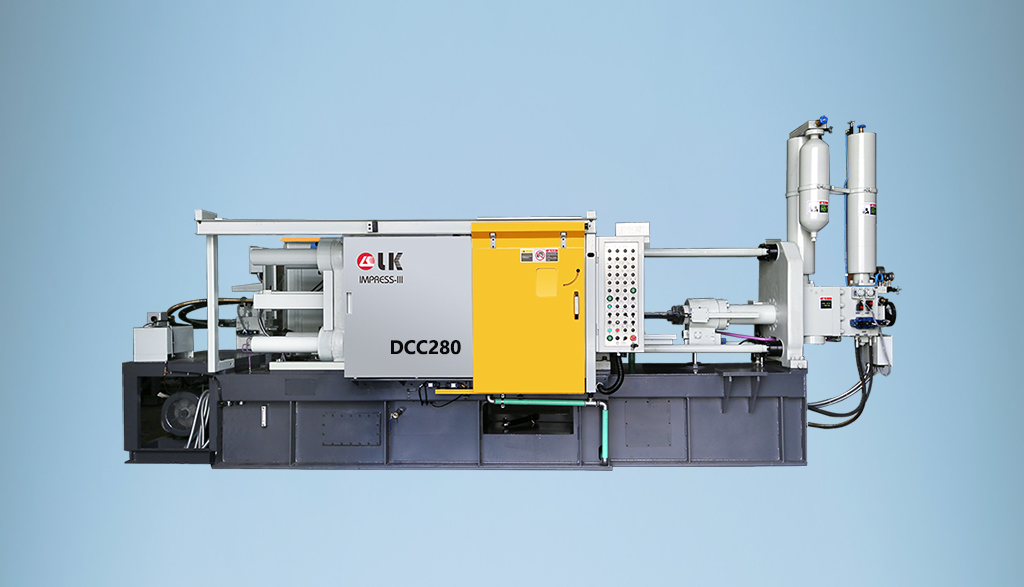
2024-09-19 14:11:06 LK Cold Chamber Die Casting Machine DCC280 Locking Force: 2800KN Die Height: 250-650mm Space Between Tie Bars: 560x560mm Shot Weight: 2.9Kg Casting Area Max:700c㎡
More -
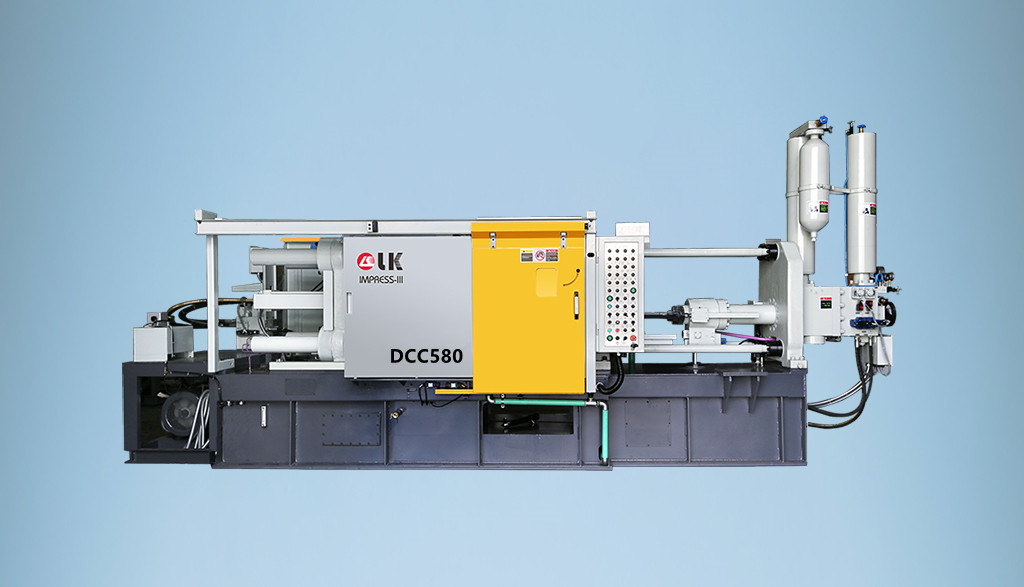
2024-09-19 10:23:07 LK Cold Chamber Die Casting Machine DCC580 Locking Force: 5000KN Die Heigh: 350-850mm Space Between Tie Bars: 760x760mm Shot Weight: 6.9Kg Casting Area Max:1250c㎡
More -
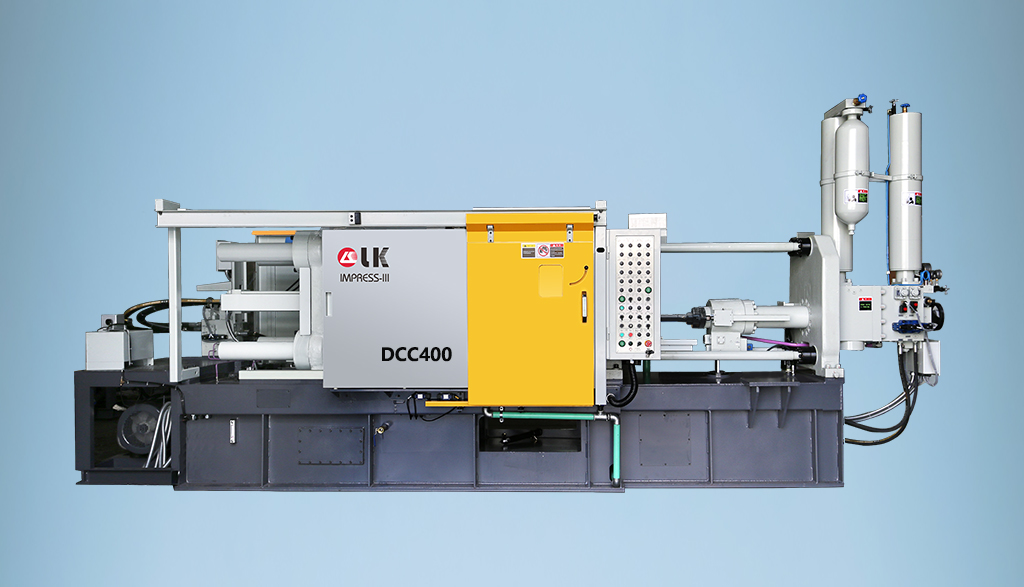
2024-09-19 10:11:20 LK Cold Chamber Die Casting Machine DCC400 Locking Force: 4000KN Die Height: 300-700mm Space Between Tie Bars: 669x669mm Shot Weight: 4.7Kg Casting Area Max:1000c㎡
More

